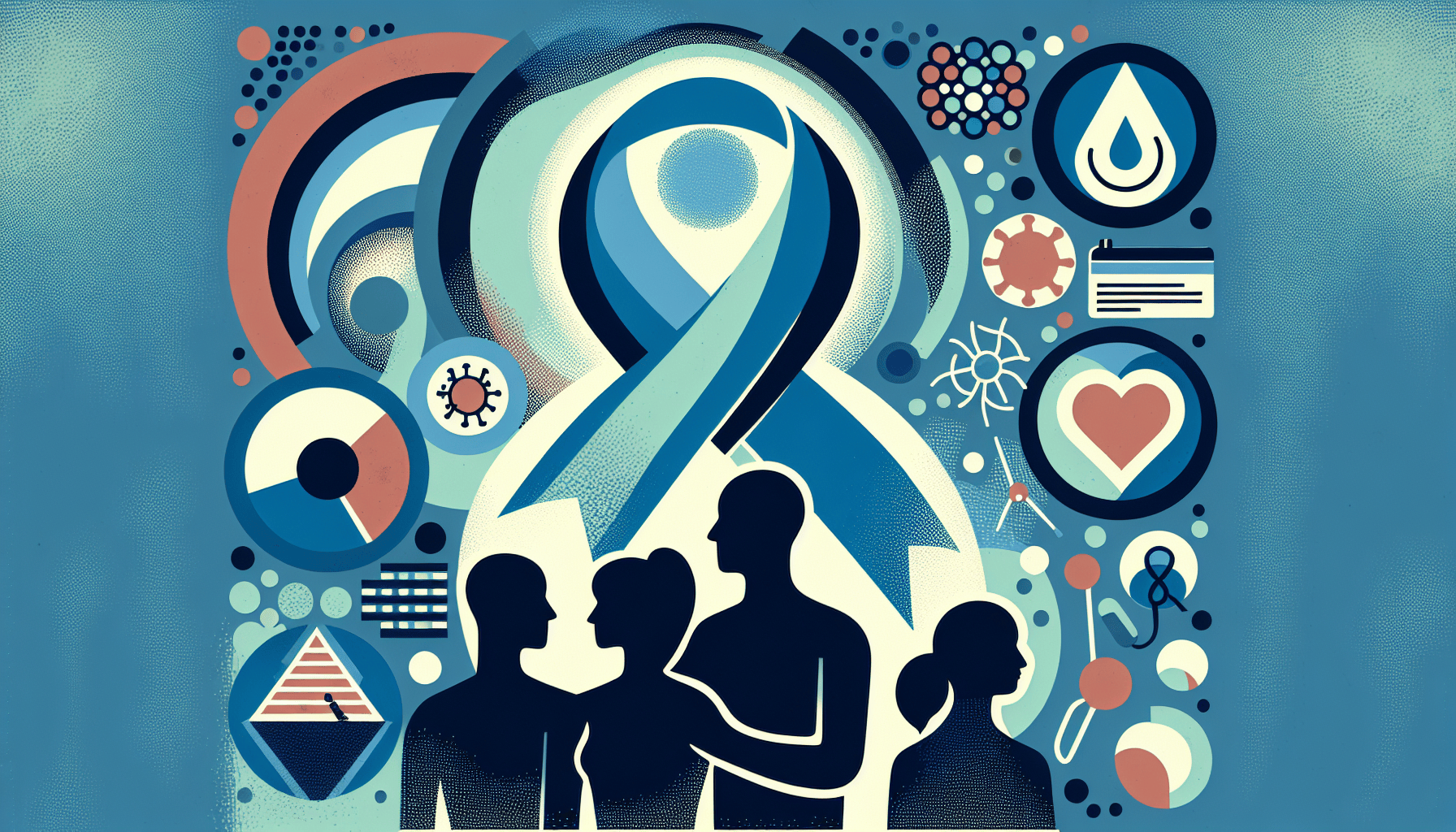Anaplastic large-cell lymphoma (ALCL) is a rare type of blood cancer that affects the lymphocytes, a type of white blood cell that fights infection. ALCL is more common in young people, particularly boys, and it is not inherited. This serious illness can grow quickly and often returns after treatment.
Types of ALCL
There are two main types of ALCL:
Cutaneous ALCL: This type of ALCL affects the skin and usually grows slowly.
Systemic ALCL: This type of ALCL affects the lymph nodes and other organs and often spreads quickly.
Breast implant-associated ALCL
Doctors also classify ALCL based on the presence or absence of a protein called ALK. ALK-positive cancers are more common in young people and usually respond well to chemotherapy, while ALK-negative cancers are more common in people over 60 and may require stronger treatment.
Symptoms of ALCL
The symptoms of ALCL can vary depending on the type and location of the cancer. Common symptoms include:
Swelling in the neck, armpit, or groin
Fatigue
Fever
Loss of appetite
Night sweats
Weight loss
Raised, red bumps on the skin that don't go away (cutaneous ALCL)
Diagnosing ALCL
To diagnose ALCL, doctors may perform a biopsy by removing a sample of tissue from a swollen lymph node. They will examine the cells under a microscope to determine if ALCL is present. Additional tests, such as blood tests, bone marrow biopsy, chest X-ray, CT scan, MRI, and PET scan, may be used to determine the stage and extent of the cancer.
Treatment Options for ALCL
The main treatment for systemic ALCL is chemotherapy, specifically a combination called CHOP (Cytoxan, hydroxydaunorubicin, Oncovin, and prednisolone). If the cancer is ALK-negative or doesn't respond to CHOP, doctors may use higher doses or additional drugs like brentuximab vedotin (Adcetris). In some cases, a stem cell transplant may be considered.
For primary cutaneous ALCL, treatment options include radiation, surgery to remove tumors, and chemotherapy if the cancer is widespread. For breast implant-associated ALCL, treatment ranges from local resection to chemotherapy (e.g., CHOP), depending on whether involvement is localized or systemic.
Coping with ALCL
Living with ALCL can be challenging, but there are ways to cope and maintain a good quality of life. Some tips include:
Eating a balanced diet to maintain weight and strength
Managing side effects of treatment with the help of your healthcare team
Seeking support from friends, family, counselors, or support groups
Staying active and exercising when possible
Getting enough rest and practicing good hygiene to avoid infections
Remember, you are in charge of your treatment decisions and how you live your life. Stay informed about your condition and don't hesitate to ask for help when you need it. For more information and support, visit the Lymphoma Research Foundation, the American Cancer Society, or the Leukemia & Lymphoma Society.



